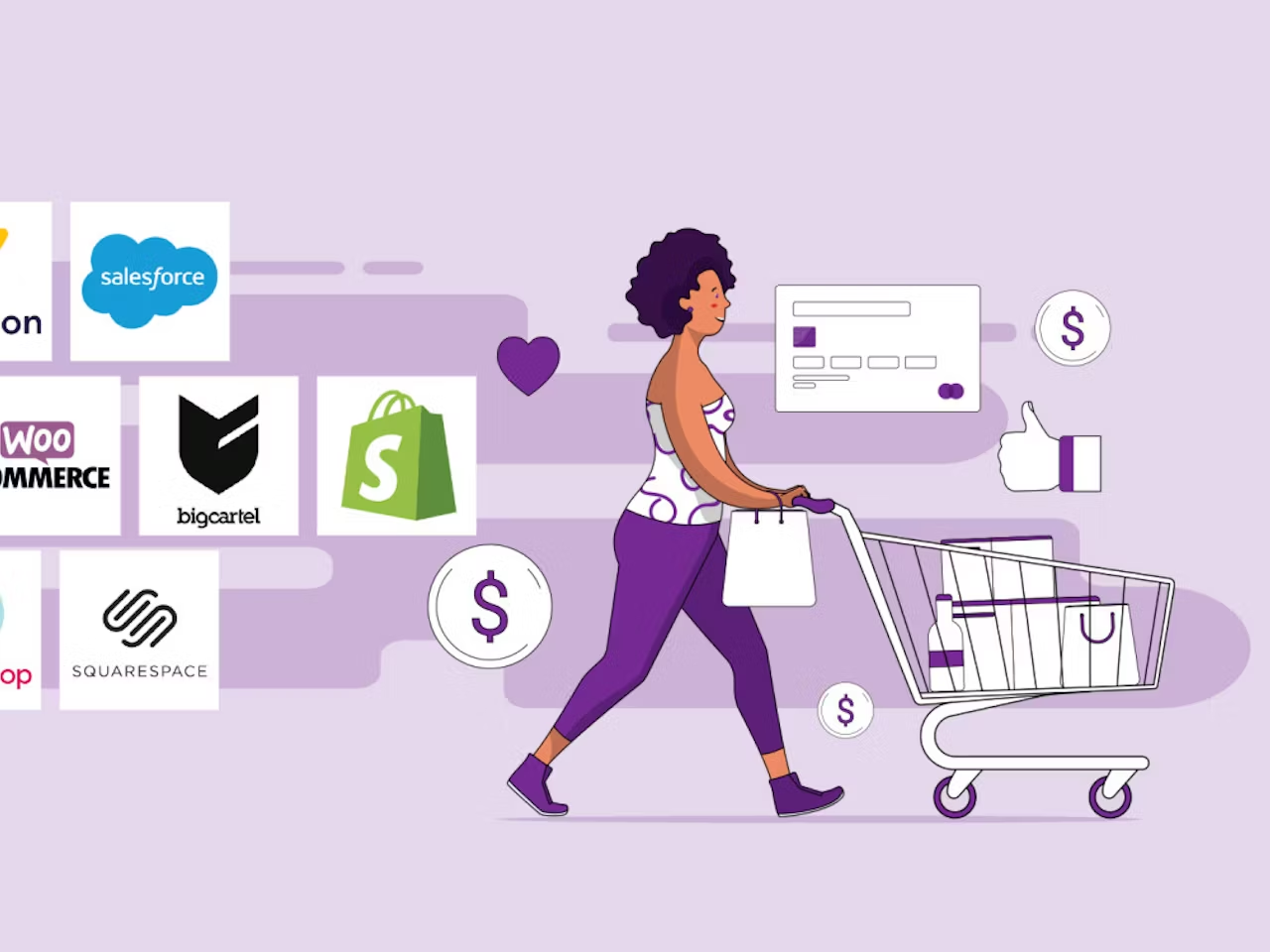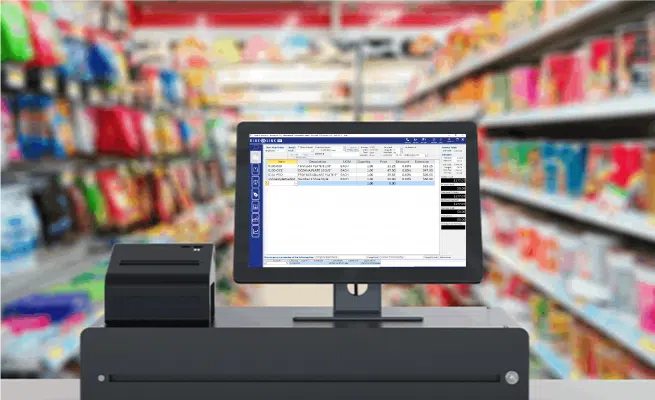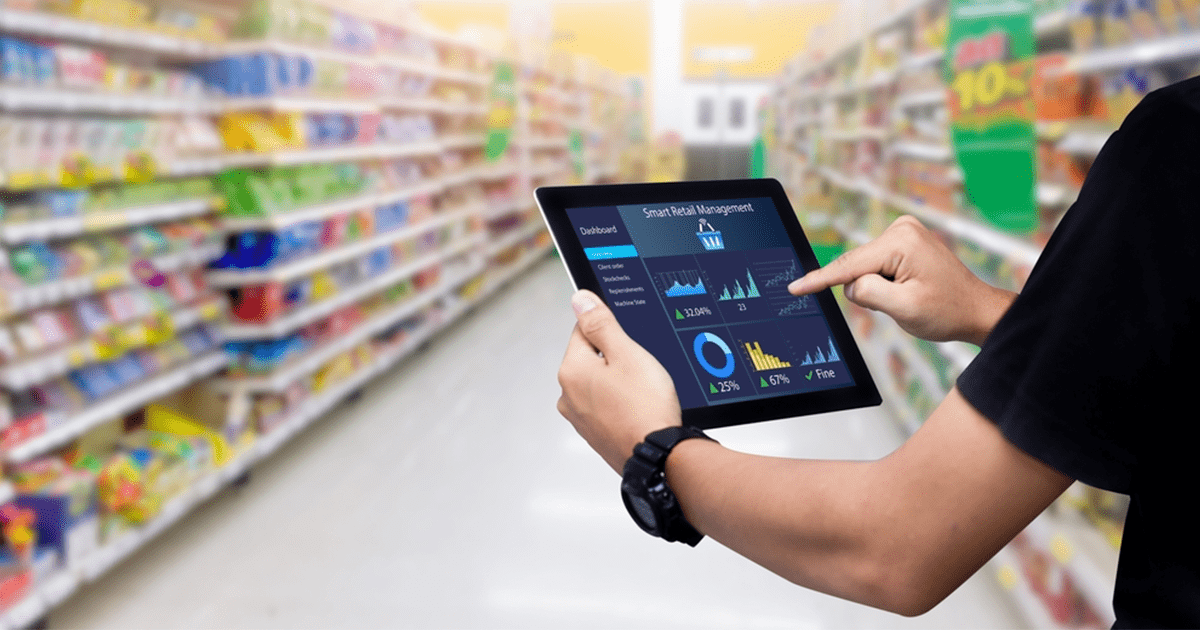The modern retail landscape is a battlefield. Consumers have more choices than ever, and competition is fierce. To thrive, retailers need every advantage they can muster. One powerful weapon in your arsenal? The right software solutions. Let’s delve into top software for retail shops in 2024.





Understanding Your Retail Software Needs
Before diving headfirst into software options, take a step back to identify your specific needs. Are you a small boutique with a curated selection of handcrafted goods, or a large department store with a vast inventory? Do you operate solely online, or do you have a brick-and-mortar presence with an e-commerce arm? Knowing your shop’s size, type, product range, customer base, and budget will guide you towards the software solutions that best address your unique challenges.What Is Software For Retail Shops And It Benefits?
Software for retail shops refers to a collection of digital tools designed to streamline operations, improve customer experience, and boost profitability within a retail business. These software solutions encompass a wide range of functionalities, catering to various aspects of running a successful retail shop. Here’s a breakdown of some key benefits software for retail shops offers:Enhanced Efficiency and Productivity:
- Streamlined Operations: Software automates repetitive tasks like inventory management, order processing, and sales transactions. This frees up valuable time for employees to focus on customer service, product displays, and other value-adding activities.
- Improved Data Management: Software allows for centralized data storage and real-time access to information. This eliminates manual data entry errors and provides valuable insights to inform decision-making.
- Reduced Costs: By optimizing processes and minimizing errors, software helps reduce operational costs. Additionally, features like automated ordering and optimized inventory levels can lead to significant cost savings.
Elevated Customer Experience:
- Personalization: CRM software allows you to segment your customer base and tailor marketing campaigns and promotions accordingly. This fosters customer loyalty and encourages repeat business.
- Convenience: Ecommerce platforms provide customers with the option to shop online, offering greater flexibility and accessibility.
- Faster Checkouts: Modern POS systems enable faster and more efficient checkouts, reducing wait times and improving customer satisfaction.
Improved Decision-Making:
- Data-Driven Insights: Retail analytics software equips you with valuable data that can be used to understand customer behavior, identify sales trends, and optimize product selection and pricing strategies.
- Informed Inventory Management: Inventory management software provides real-time inventory visibility, allowing you to avoid stockouts and overstocking, ensuring you have the right products in stock to meet customer demand.
- Improved Forecasting: Historical sales data and market trends can be used to forecast future demand, enabling you to make informed decisions about purchasing and staffing.
Competitive Advantage:
By leveraging the power of software, retailers can gain a competitive edge by offering a more efficient and customer-centric shopping experience. Additionally, software can help businesses adapt to evolving market trends and consumer preferences. In conclusion, software for retail shops is an investment that can significantly impact a business’s success. By implementing the right software solutions, retailers can streamline operations, enhance customer experience, make data-driven decisions, and ultimately achieve greater profitability.Top Popular Software for Retail Shops
Now that you understand your needs, let’s explore the software categories that can revolutionize your retail operations:Point-of-Sale (POS) Systems:
The cornerstone of any retail business, a robust POS system goes beyond processing transactions. Modern POS systems manage sales, track inventory in real-time, accept various payment methods (including contactless payments and mobile wallets), generate insightful reports that help you identify sales trends and optimize pricing, and even streamline employee scheduling. Look for a POS system that integrates seamlessly with your other software solutions, eliminating the need for manual data entry and ensuring all your data is centralized and accessible.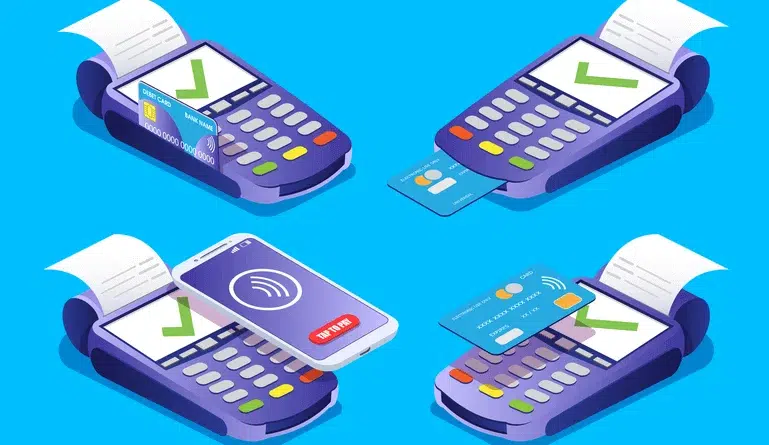
Inventory Management Software:
Say goodbye to stockouts and wasted resources. Inventory management software empowers you to optimize ordering based on sales data and historical trends, prevent overstocking by setting reorder points, and gain real-time visibility into your inventory levels across all locations (if applicable). This translates to improved cash flow, reduced shrinkage, and the ability to fulfill customer orders efficiently.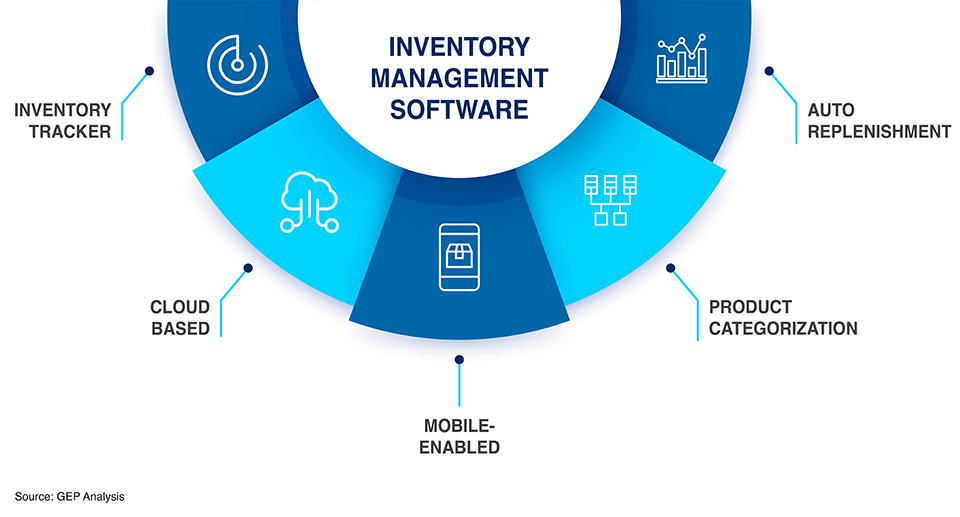
Customer Relationship Management (CRM) Software:
In today’s customer-centric world, building strong relationships is crucial. CRM software helps you manage customer interactions, personalize marketing efforts by segmenting your customer base and tailoring promotions accordingly, track purchase history and identify your most loyal customers, and reward loyalty through targeted campaigns. This fosters brand loyalty and encourages repeat business, giving you a competitive edge.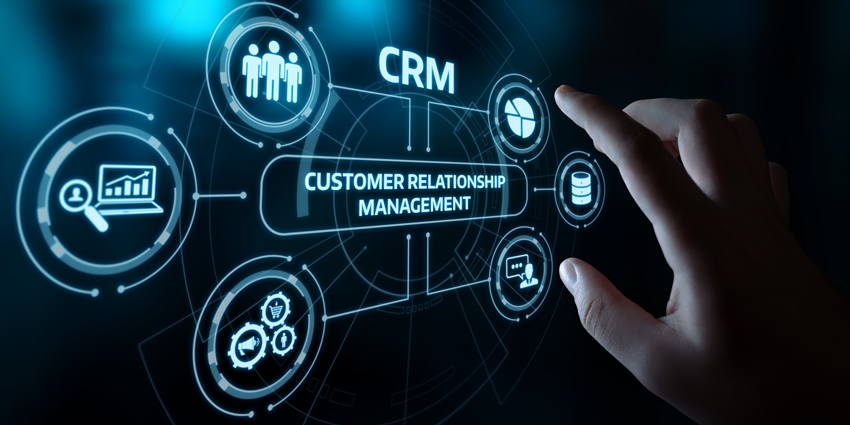
Retail Analytics Software:
Data is king! Retail analytics software helps you unlock valuable insights from your sales data, customer behavior patterns (such as browsing habits and purchase history), and market trends. By understanding your customers and market dynamics, you can make informed decisions about product selection, pricing strategies (e.g., identifying opportunities for dynamic pricing), and marketing campaigns, optimizing your offerings to meet customer needs and maximizing your return on investment.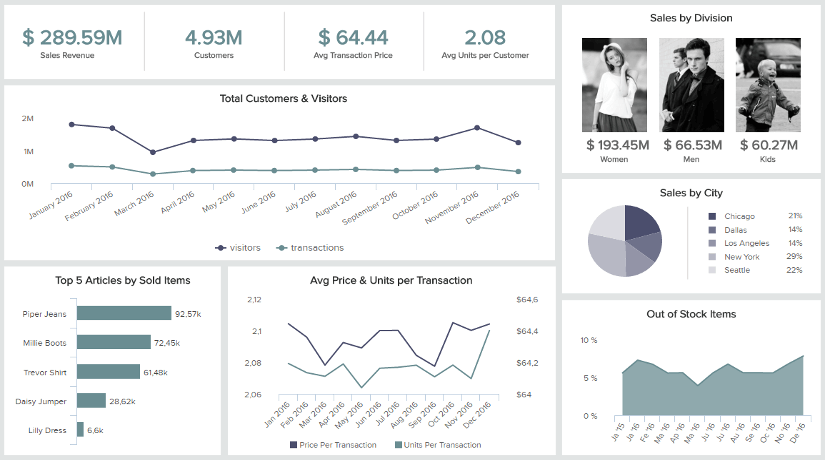
Retail Ecommerce Platforms:
If you haven’t embraced online sales yet, you’re missing out on a significant portion of the market. Retail ecommerce platforms empower you to create and manage a user-friendly online store that reflects your brand identity, integrate seamlessly with your other software (like inventory management and POS systems) for a smooth omnichannel experience, and offer a convenient shopping experience for your customers, expanding your reach beyond the physical limitations of your brick-and-mortar store. Look for platforms that offer mobile-responsive design to cater to the growing trend of mobile shopping.